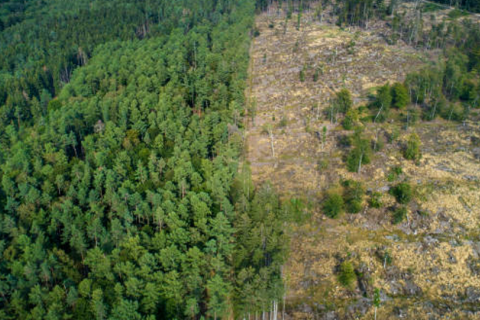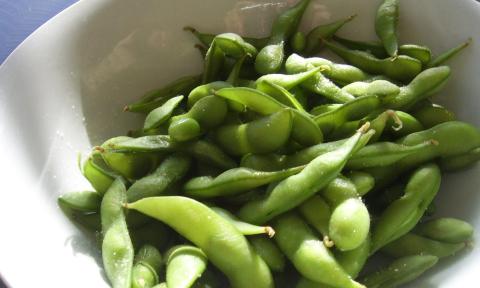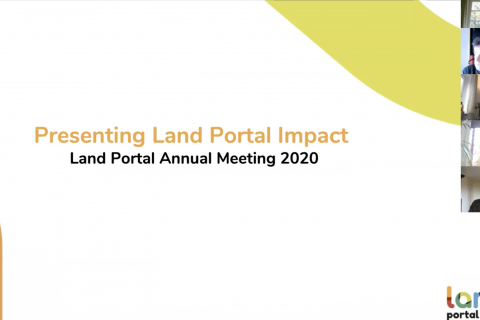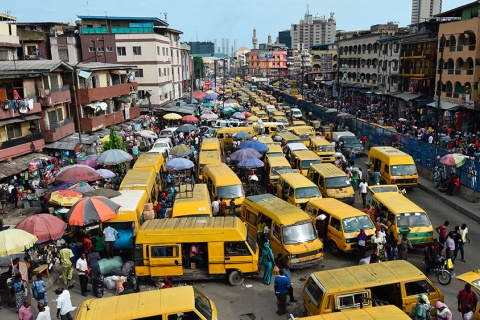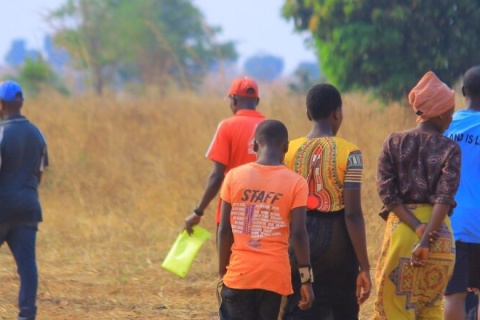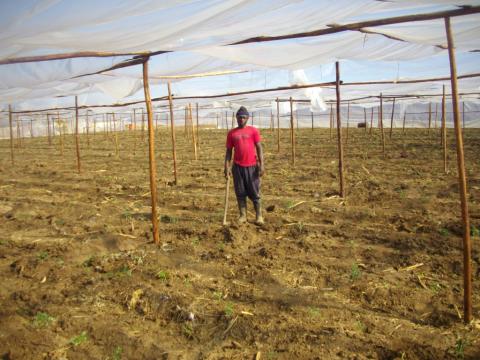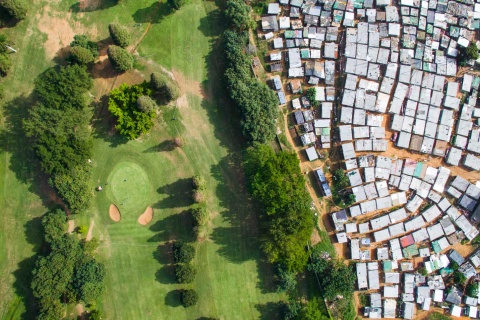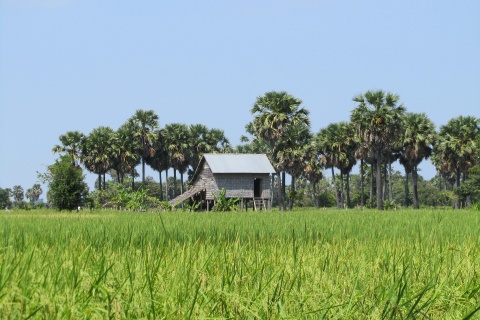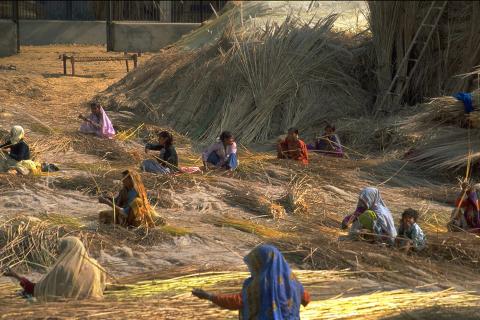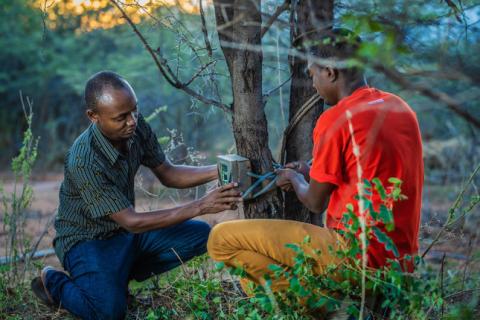Discover hidden stories and unheard voices on land governance issues from around the world. This is where the Land Portal community shares activities, experiences, challenges and successes.
 Follow our
Follow our
Sustainable Development Goals
Blog Series!
Interested in land corruption?
Follow our Land & Corruption Blog Series
for in-depth perspectives from the experts.
Issues
Geographical focus
For centuries, people around the world in the continents of Asia, Africa, Oceania and Latin America have been living off the forests and other natural resources to sustain their livelihoods, their cultural practices and sometimes even religious rituals.
The global soybean trade was worth about 9.5 billion of US dollars in 2000. By the end of this year – in 2020 – it is projected to exceed 60 billion[1]. This is just one of the many figures that explains why the last two decades might be remembered as the Great Soybean Expansion, the period when soybean became one of the most traded commodities in the world – but also one of the most controversial.
Leon Verstappen, who is a professor of private law at the University of Groningen and deputy judge at the Court of appeals in The Hague, has stepped down as Chair of the Land Portal Board, a position he has held since the establishment of the Land Portal Foundation in 2014.
The parallels between Africa and China’s urbanisation trajectories could offer policymakers potential policy design lessons to learn from. For example, some of China’s recent successes in managing urbanisation, if adequately adapted to the unique and diverse African context, could potentially help the continent’s burgeoning city growth become more sustainable and equitable – but only with careful consideration of local circumstances.
A USAID brief, published to mark 16 Days of Activism against Gender-Based Violence, reveals important lessons from land rights registration activities in Zambia
Securing women’s land rights is an important global development goal and has been linked to significant gains in women’s economic empowerment and community development. At the same time, the process of documenting these rights can create resentment and increase conflict not only between spouses, but also within families and communities, often leading to gender-based violence.
The debate about compensation of former white farmers in Zimbabwe continues to rage. The compensation agreement signed in July agreed a total amount of US$3.5 billion to pay for ‘improvements’ to the land that was expropriated. After 20 years of discussion, this was a major step forward. However, there seem to be multiple positions on the agreement and little consensus, along with much misunderstanding. However, some things are happening, and a joint resource mobilisation committee has been established with technical support from the World Bank and others.
Earlier in the year Prindex – the first ever global measure of land and property rights – released its full 140-country dataset. The results are sobering. Almost 1 billion people around the world feel it is likely or very likely that they will lose their land or home within the next five years.
Last month, India’s Prime Minister, Narendra Modi, issued the first 0.1 million Rural Property Cards (RPCs) to communities across more than 763 villages in six states in rural India under the SVAMITVA scheme.
Over 60 percent of Africans are under the age of 35 – a well-documented “youth bulge” representing both an enormous challenge and a tantalizing opportunity for the continent.

